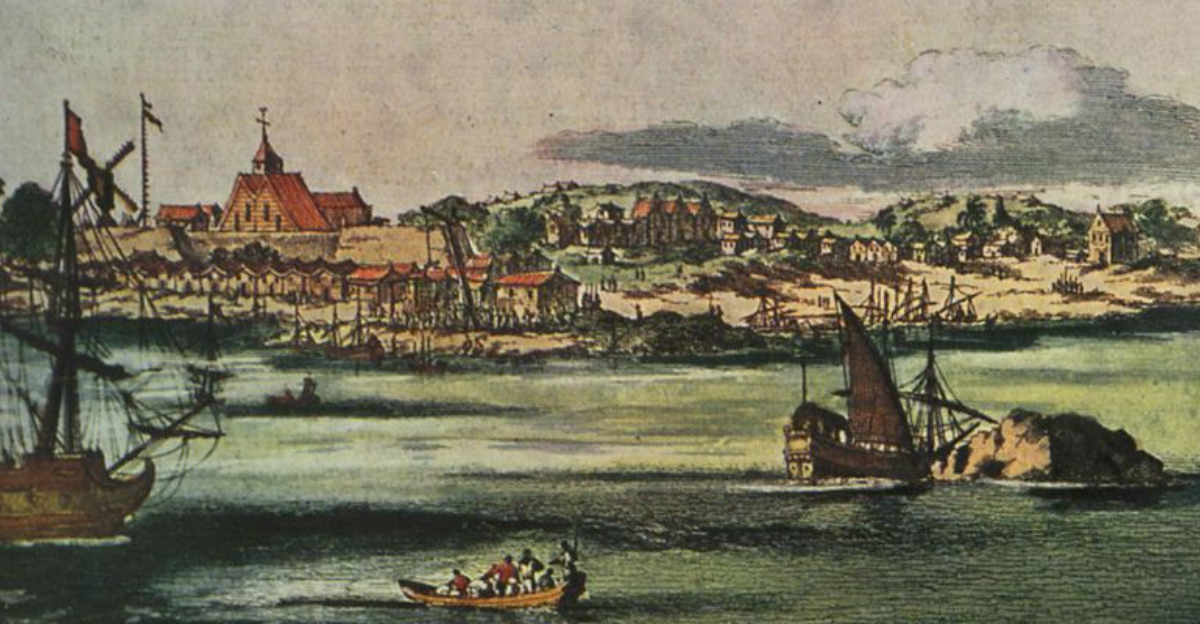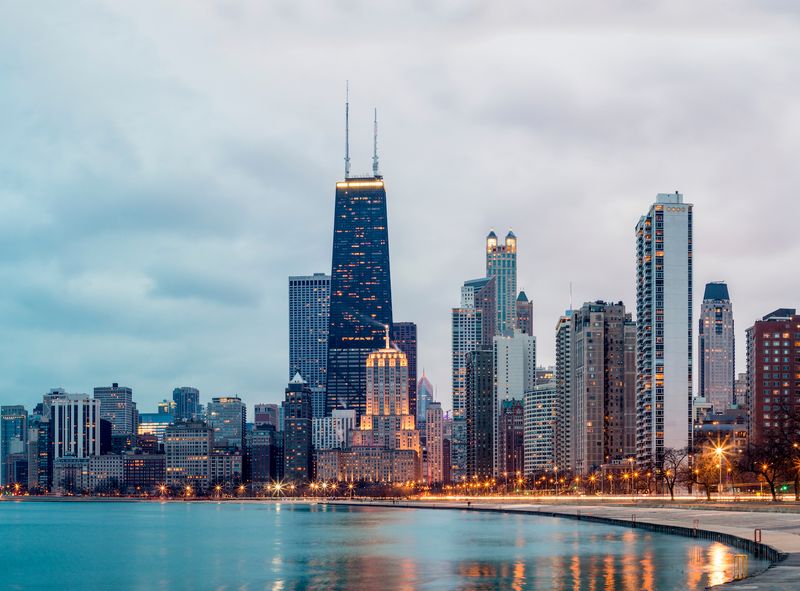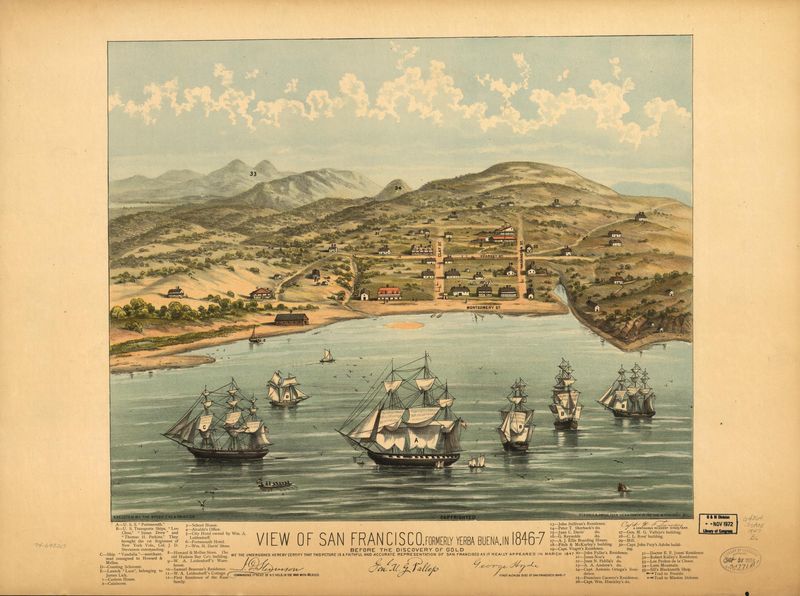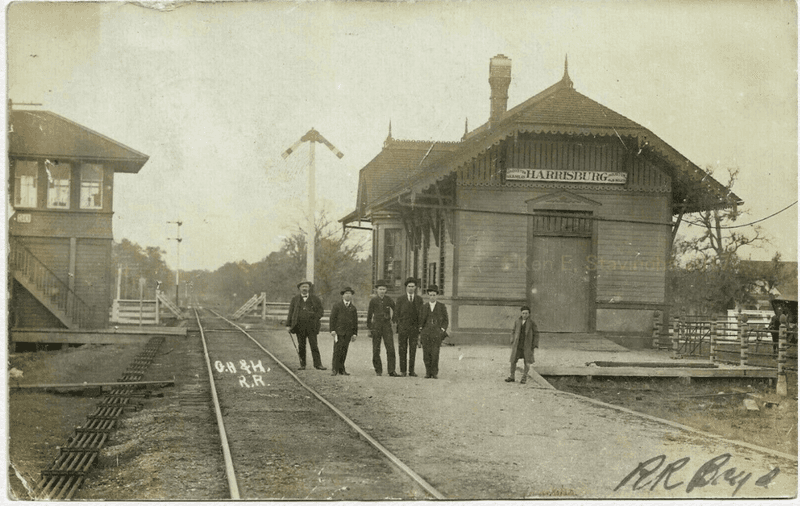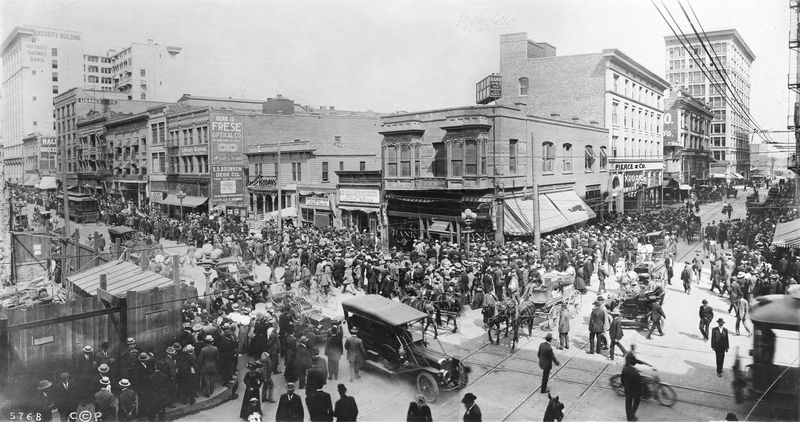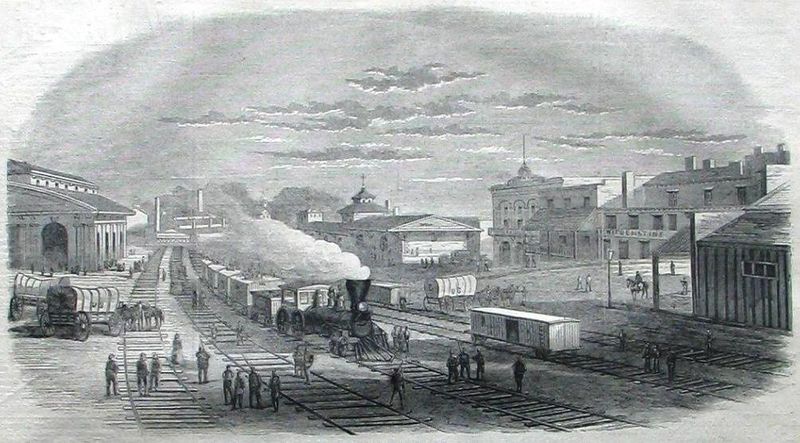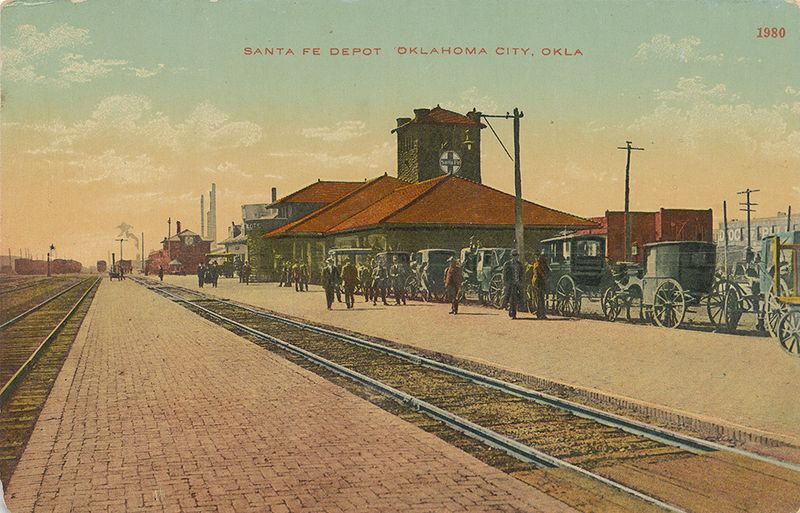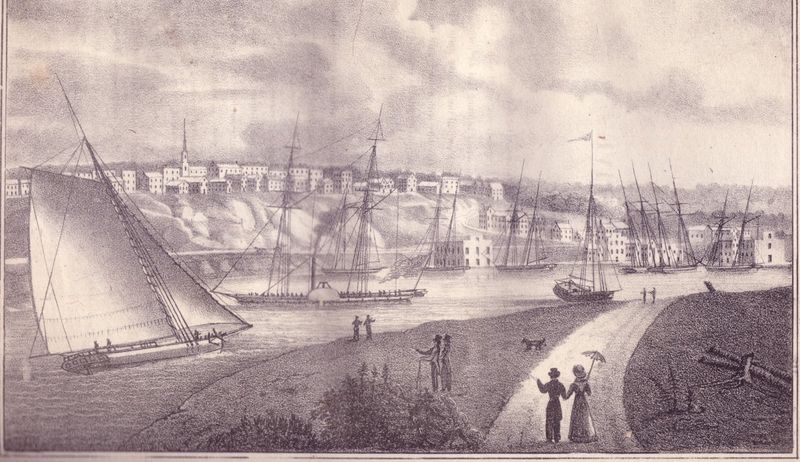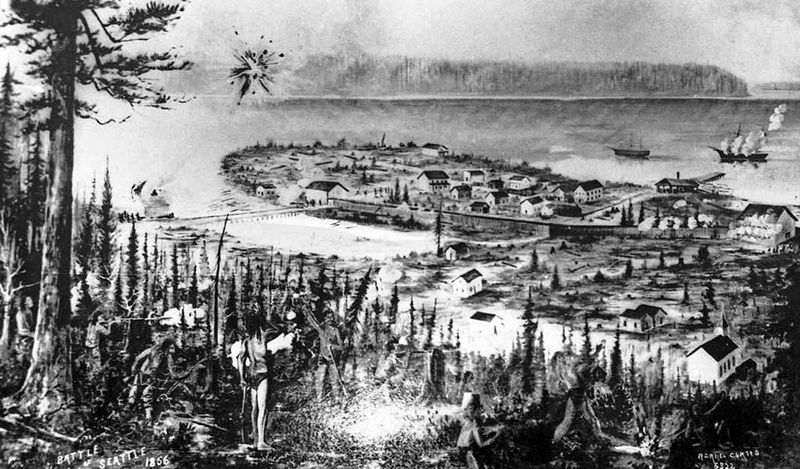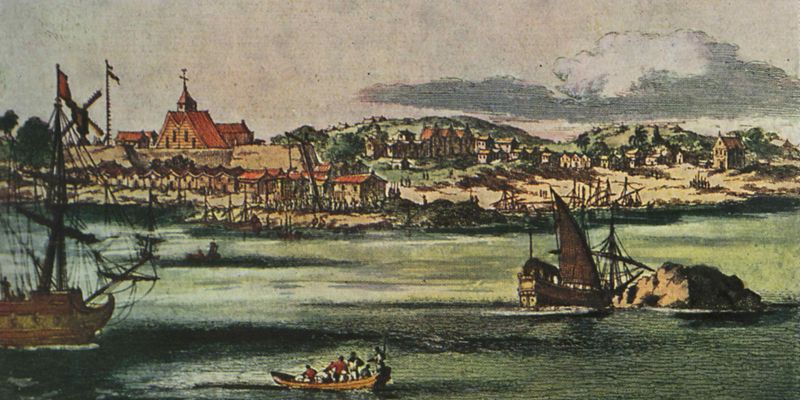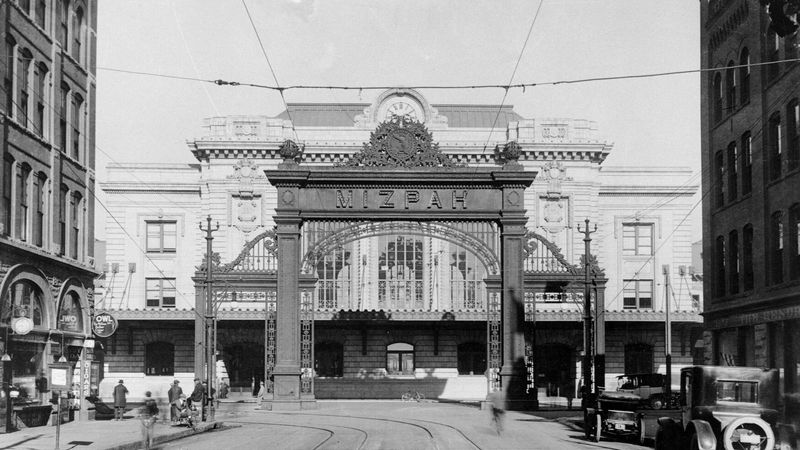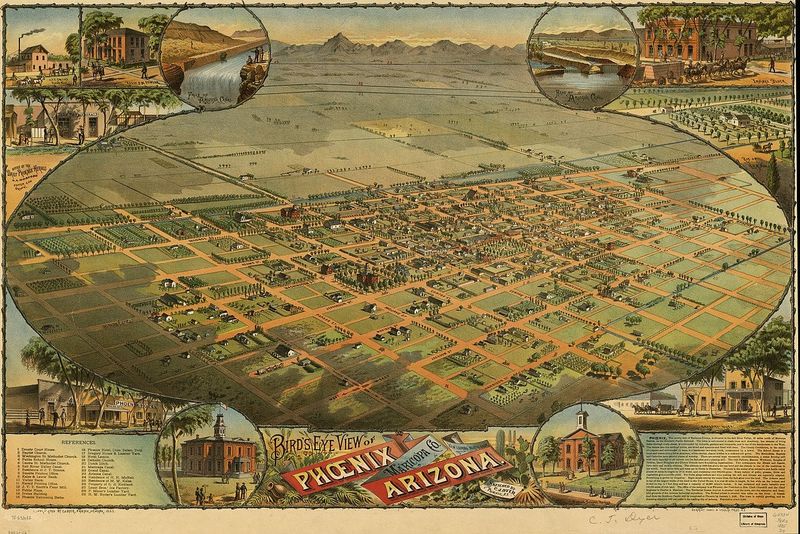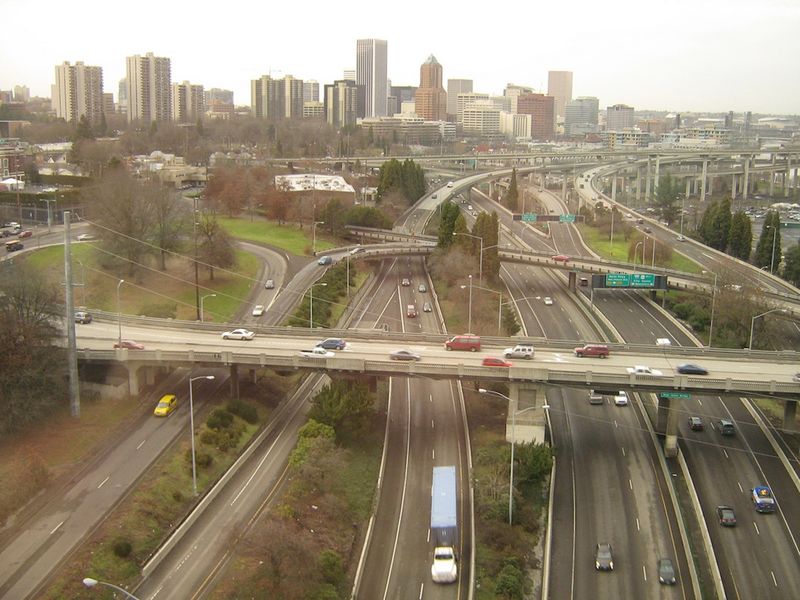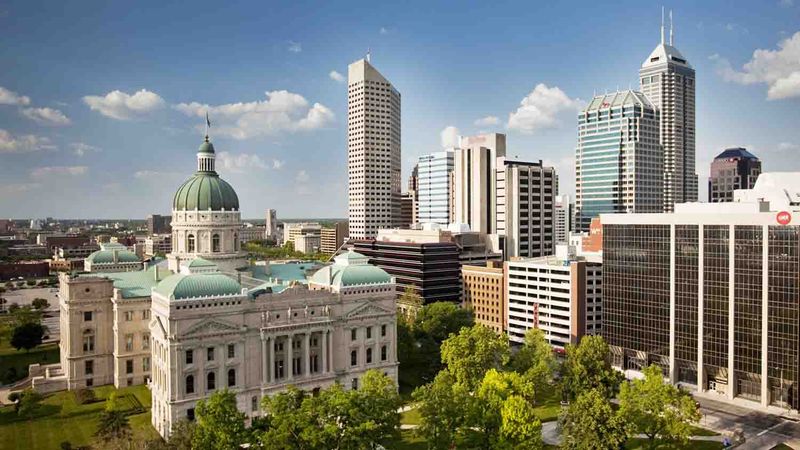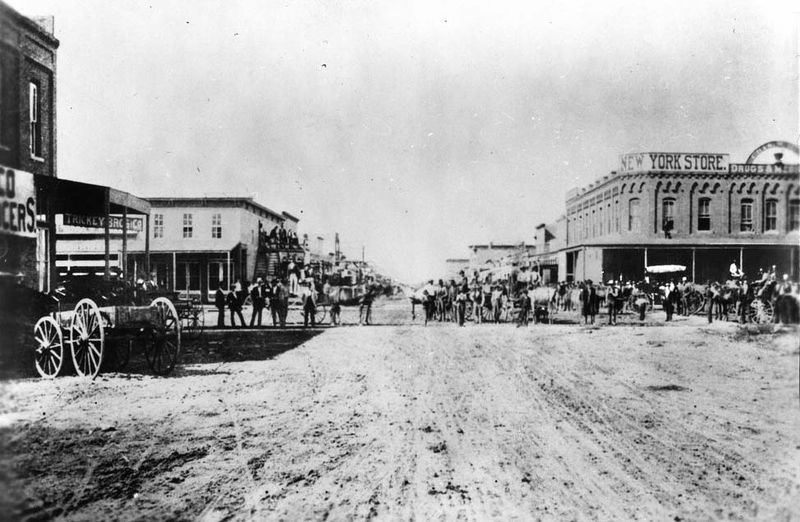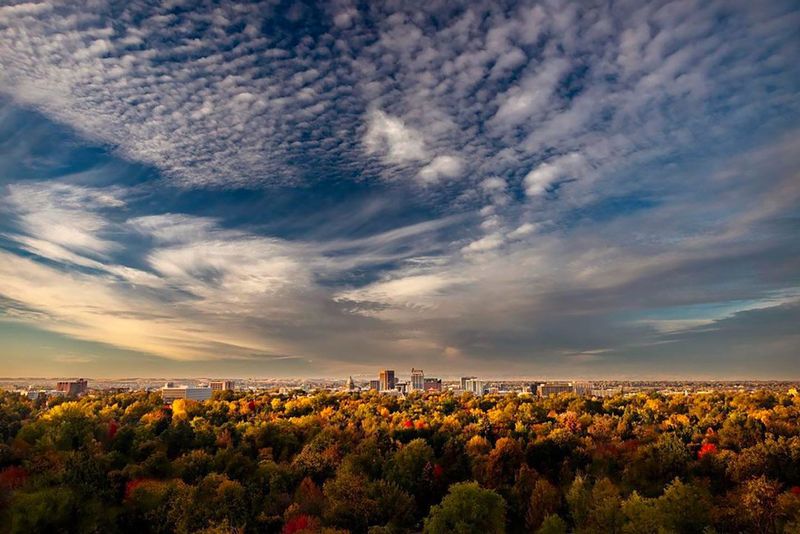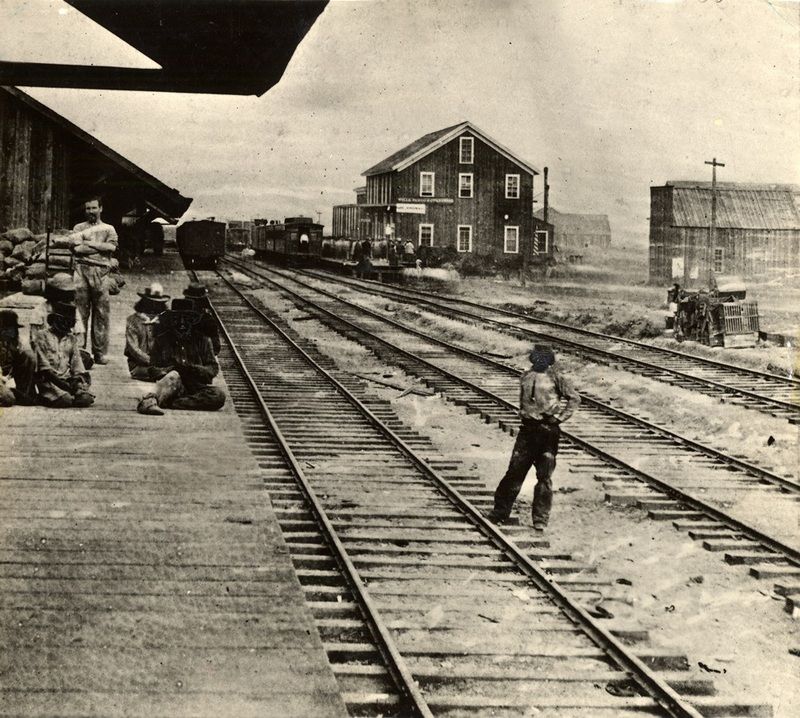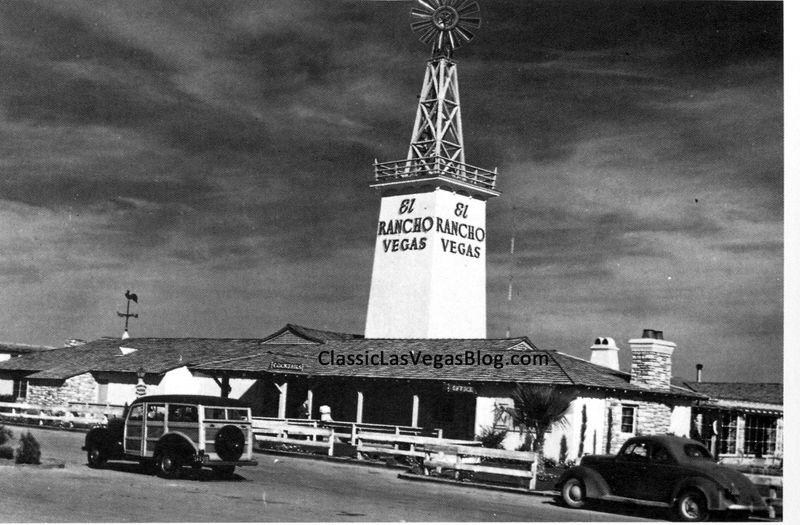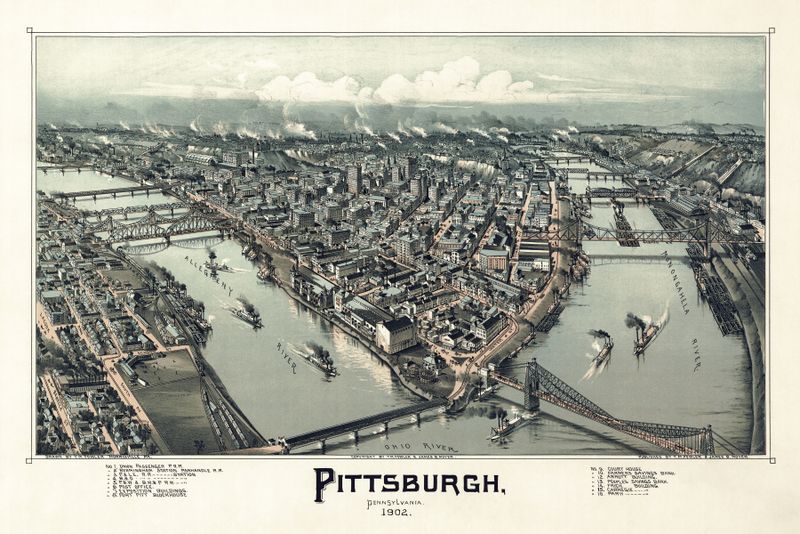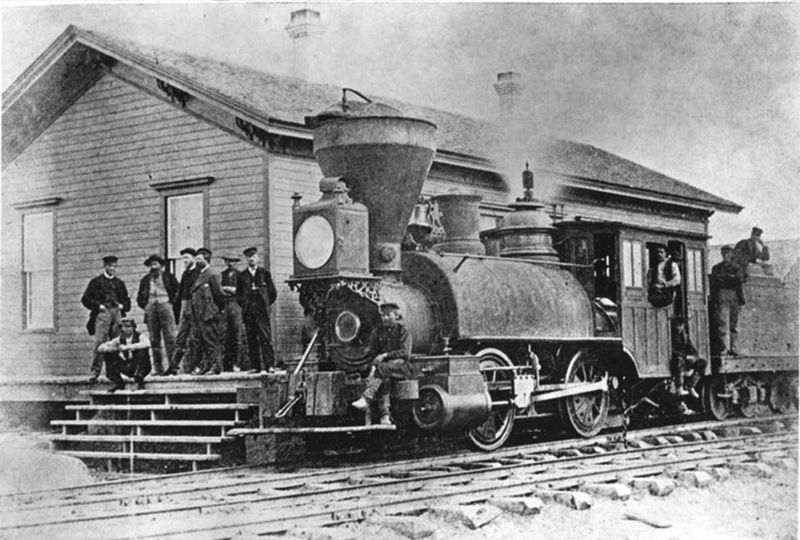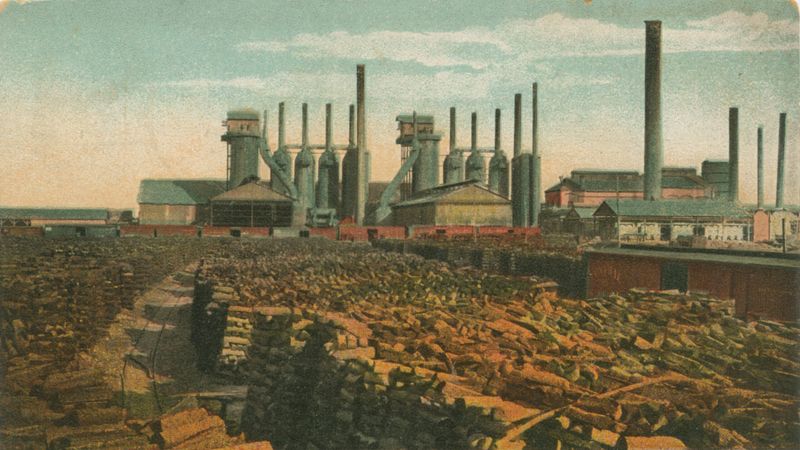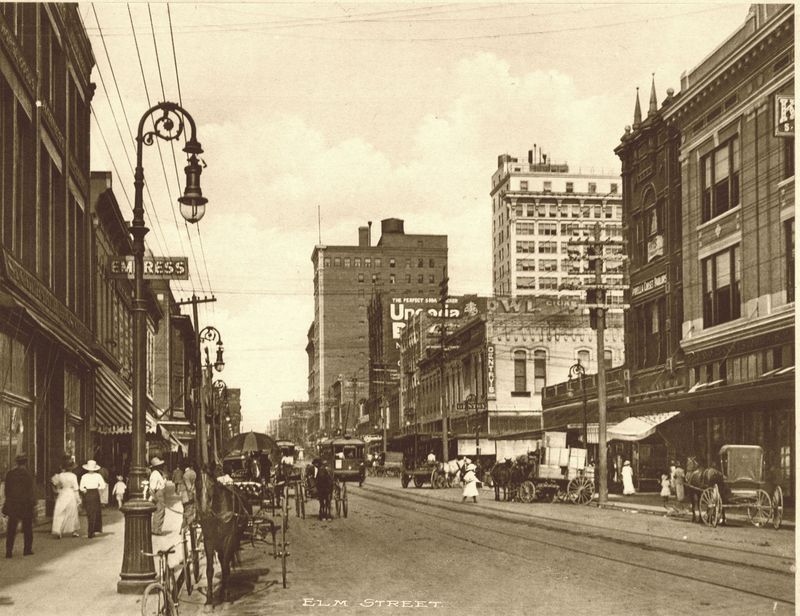You may think cities are named with permanence, but history tells a different story. Across the United States, dozens of cities have changed their names — some for fame, others for survival, and a few just for laughs. Dive into these fascinating transformations!
1. Chicago, IL
Chicago, a city of architectural marvels, was formerly known as Checagou. This Native American name referred to wild leeks flourishing in the region. French explorers, captivated by the landscape, adapted the name, which eventually evolved into Chicago.
The city’s name change reflects its evolution from a wilderness shrouded in leeks to a vibrant urban center. Today, the echoes of its indigenous roots linger, adding a layer of historical depth to the city’s rich cultural mosaic.
2. San Francisco, CA
In 1847, the vibrant city of San Francisco emerged from its origins as Yerba Buena. Named by Spanish settlers after a native herb, it was rebranded just before the Gold Rush boom.
This name change was pivotal in aligning the city’s identity with its burgeoning role as a gateway to the Pacific. Today, San Francisco’s skyline, with its iconic Golden Gate Bridge, stands as a testament to its dynamic transformation from a tranquil settlement to a bustling urban hub.
3. Houston, TX
Originally named Harrisburg, the city now known as Houston was renamed to honor General Sam Houston after the Texas Revolution.
The name change symbolized unity and resilience, fostering a sense of pride among its residents. Today, Houston’s identity as a leading metropolis is interwoven with its historical past, offering a dynamic blend of tradition and innovation.
4. Los Angeles, CA
Los Angeles, the city of stars, was once known by the lengthy name, El Pueblo de Nuestra Señora la Reina de los Ángeles. Over time, practicality prevailed, and the name was shortened to Los Angeles.
This name change reflects the city’s journey from a modest pueblo to a sprawling metropolis. Today, Los Angeles stands as a beacon of creativity and diversity, its shortened name a nod to its vibrant heritage.
5. Atlanta, GA
Atlanta, a hub of progress, emerged from its origins as Terminus, literally the “end of the line.” It briefly became Marthasville, before finally settling on Atlanta, inspired by the railroad’s Atlantic line.
This name change mirrors the city’s evolution from a railway terminus to a thriving urban center. Today, Atlanta stands as a symbol of resilience and transformation, its name echoing the spirit of the railroads that shaped its destiny.
6. Oklahoma City, OK
What began as Oklahoma Station, a humble railway stop, blossomed into the vibrant capital known as Oklahoma City. As the settlement expanded, it shed its functional name, embracing its role as a center of opportunity.
The name change signaled growth and potential, paving the way for progress. Today, Oklahoma City’s dynamic skyline reflects its ongoing evolution, capturing the essence of its pioneering spirit.
7. Buffalo, NY
Buffalo, a city with a rich history, was initially named New Amsterdam, reflecting its Dutch origins. The name was later changed to Buffalo, possibly derived from the nearby Buffalo Creek.
The name change marked the city’s transition from a European outpost to a quintessential American city. Today, Buffalo’s storied past enriches its vibrant culture and bustling streets.
8. Seattle, WA
Seattle, known for its iconic Space Needle, began as Duwamps, named after the Duwamish people. The city later honored Chief Seattle, a respected leader of local tribes, by adopting his name.
This name change underscores the city’s deep respect for its indigenous roots, weaving cultural heritage into its modern identity. Today, Seattle stands as a testament to harmony and growth, its name a tribute to its founding peoples.
9. New York City, NY
The bustling metropolis of New York City was once known as New Amsterdam. Dutch settlers, envisioning a new home, named it after their homeland. However, in 1664, the British seized control and rebranded it New York to honor the Duke of York.
This pivotal name change marked the city’s transformation from a modest trading post to a global powerhouse. Today, the echoes of its Dutch origins subtly resonate in its cultural tapestry, reminding us of a time when it was the New World’s frontier.
10. Denver, CO
Denver, the Mile High City, was briefly known as Montana City by gold-seekers. However, the name didn’t stick, and “Denver” was chosen to curry favor with the Kansas territorial governor.
This name change epitomizes the city’s strategic importance and its role in the westward expansion. Today, Denver’s towering peaks and vibrant culture narrate its rich history, symbolizing ambition and opportunity.
11. Phoenix, AZ
Phoenix, a city reborn, emerged from the ashes of Swilling’s Mill. Named after founder Jack Swilling, the city was later renamed Phoenix, symbolizing rebirth from the ruins of a Native American settlement.
This name change signifies the city’s transformation from a humble mill town to a bustling desert metropolis. Today, Phoenix thrives as a vibrant hub of culture and commerce, its name echoing the mythical bird that rises anew.
12. Portland, OR
Portland, a city known for its lush greenery, was once called The Clearing. Before becoming Portland, its final name was decided by a coin toss against “Boston.”
This name change reflects the city’s whimsical beginnings and its position as a gateway to the Pacific Northwest. Today, Portland’s vibrant arts scene and eco-friendly ethos capture its pioneering spirit, while its name speaks to chance and fortune.
13. Indianapolis, IN
Indianapolis, a city built from scratch, originally had no name but was simply designed to be the state capital. Its name, combining “Indiana” and “polis” (city), was chosen for its official sound. Envision the meticulous planning, with surveyors mapping out the capital’s future streets.
The city’s name encapsulates its purpose-built origins and ambition. Today, Indianapolis stands as a thriving heartland city, its name a testament to its foundational role in the state.
14. Wichita, KS
Wichita, a city of innovation, was once Mead’s Ranch. As the area developed and incorporated, it was renamed after the Wichita people.
This name change highlights the city’s connection to its Native American roots, weaving historical significance into its modern identity. Today, Wichita’s bustling economy and rich culture reflect its heritage, its name a nod to its indigenous past.
15. Boise, ID
Boise, a city nestled among majestic mountains, was originally called Les Bois by French-Canadian trappers, meaning “the woods.” English speakers simplified it to Boise.
This name change reflects the city’s transition from a wild frontier to a modern urban oasis. Today, Boise’s vibrant community and scenic beauty exemplify its evolution, with its name serving as a reminder of its arboreal origins.
16. Reno, NV
Reno, known as “The Biggest Little City,” was formerly Lake’s Crossing. Named after General Jesse Reno, it shed its original name as it grew into an important railroad town.
This name change underscores Reno’s strategic importance and its role in connecting the East and West. Today, Reno’s lively casinos and outdoor adventures reflect its dynamic spirit, with its name honoring a Civil War hero.
17. Las Vegas, NV
Las Vegas, a city of dazzling lights, was originally known as Las Vegas Rancho. As it evolved into a city, the “Rancho” was dropped, but “The Meadows” in Spanish still hints at its oasis origins.
This name change reflects Las Vegas’s transformation from a humble ranch to a bustling entertainment capital. Today, its vibrant nightlife and extravagant shows capture the city’s dynamic evolution, while its name remains a nod to its verdant past.
18. Detroit, MI
Detroit, an industrial giant, was initially Fort Pontchartrain du Détroit, founded by French settlers in 1701. The name was shortened to just “Detroit,” meaning “strait” in French.
This name change signifies the city’s emergence as a pivotal trade hub and later, an automotive powerhouse. Today, Detroit’s resilient spirit and cultural renaissance echo its storied past, with its name honoring its geographic significance.
19. Pittsburgh, PA
Pittsburgh, a city of steel and bridges, was once Fort Duquesne. Captured from the French during the French and Indian War, it was renamed after British statesman William Pitt.
This name change marks Pittsburgh’s growth from a military bastion to an industrial powerhouse. Today, its robust economy and rich cultural scene reflect its industrious past, with its name honoring a key figure in its history.
20. Cheyenne, WY
Cheyenne, a city with a western spirit, was originally Crow Creek Crossing. Named for the Cheyenne tribe as settlers moved in and the railroad passed through, it embraced its indigenous roots.
This name change highlights Cheyenne’s role as a key junction in the westward expansion. Today, its vibrant festivals and cultural heritage showcase its diverse history, with its name honoring the native people.
21. Birmingham, AL
Birmingham, known for its industrial prowess, was formerly Elyton. As industrial growth boomed, Elyton was absorbed, and the name Birmingham, after the English industrial city, was seen as more promising.
This name change reflects the city’s transformation into a leader of industry. Today, Birmingham’s cultural vibrancy and economic resilience echo its industrious roots, with its name a nod to its industrial heritage.
22. Anchorage, AK
Anchorage, a strategic Alaskan outpost, was initially known as Ship Creek. Early settlers, drawn by opportunity, changed the name to Anchorage, sounding more permanent.
This name change marks Anchorage’s evolution from a frontier post to a bustling urban center. Today, its thriving economy and stunning landscapes offer a vibrant mix of nature and progress, with its name highlighting its maritime heritage.
23. Dallas, TX
Dallas, a city of mystery, was originally Cedar Springs. Absorbed into a larger settlement, it was renamed Dallas, though the exact reason remains unknown. Speculations range from honoring a vice president to a local settler’s friend.
This name change underscores Dallas’s growth from a frontier settlement to a thriving metropolis. Today, its vibrant arts scene and booming economy reflect its diverse heritage, with its name shrouded in intrigue.
